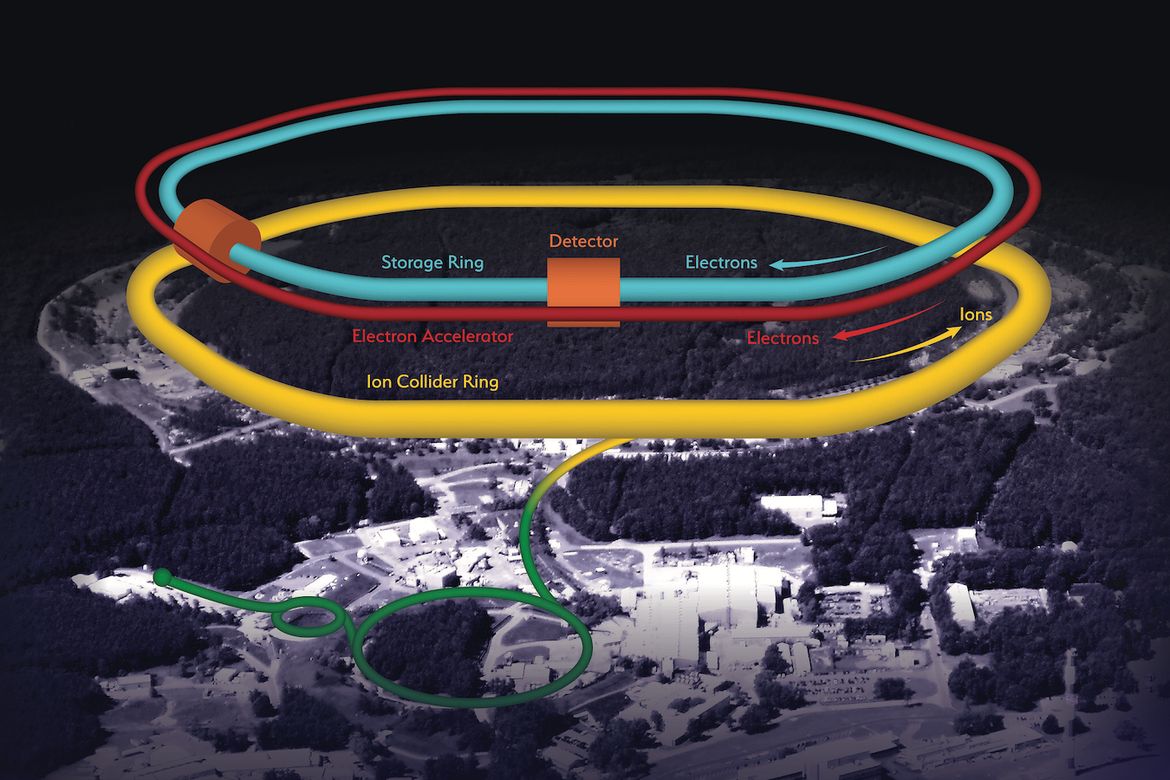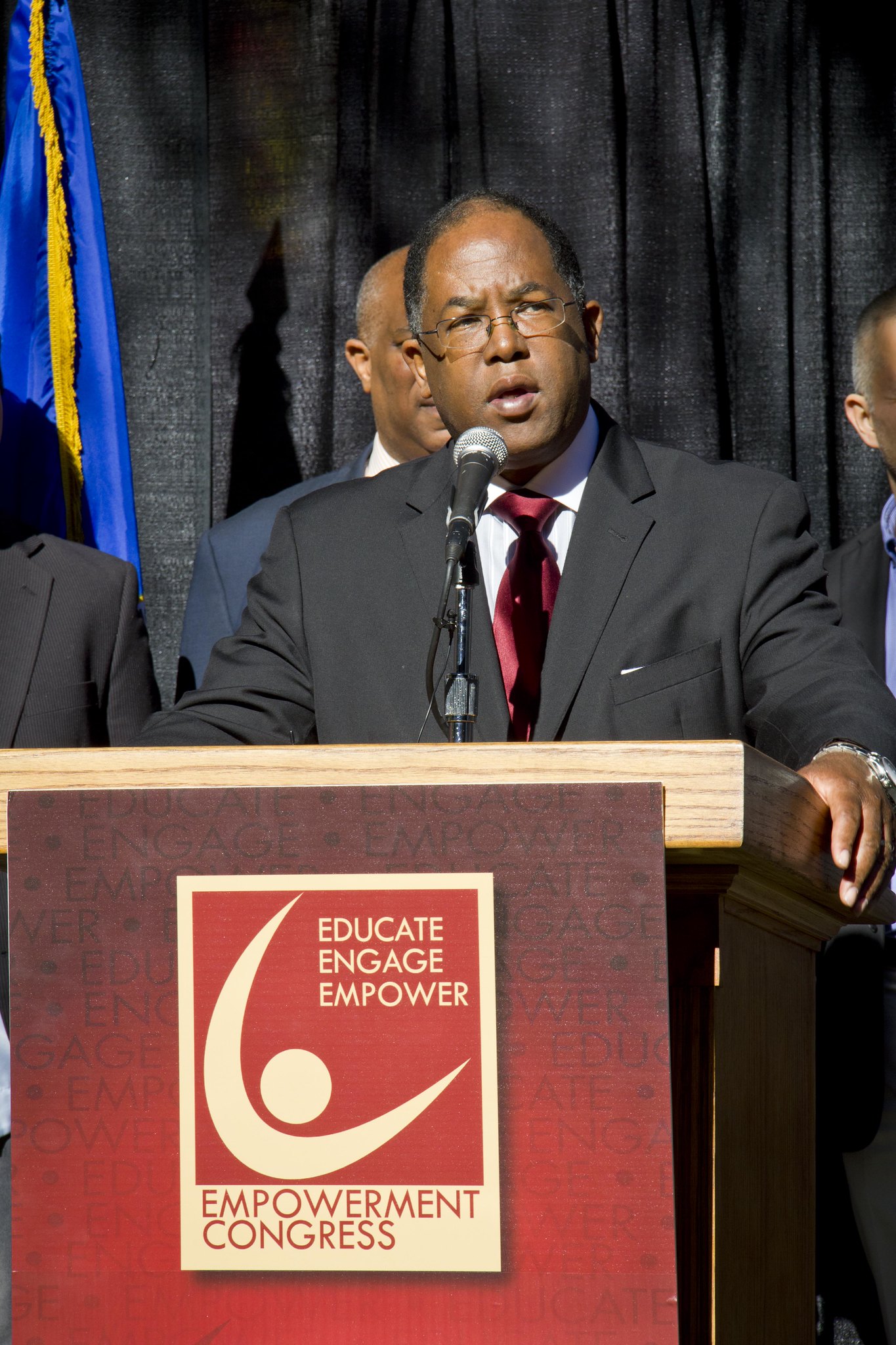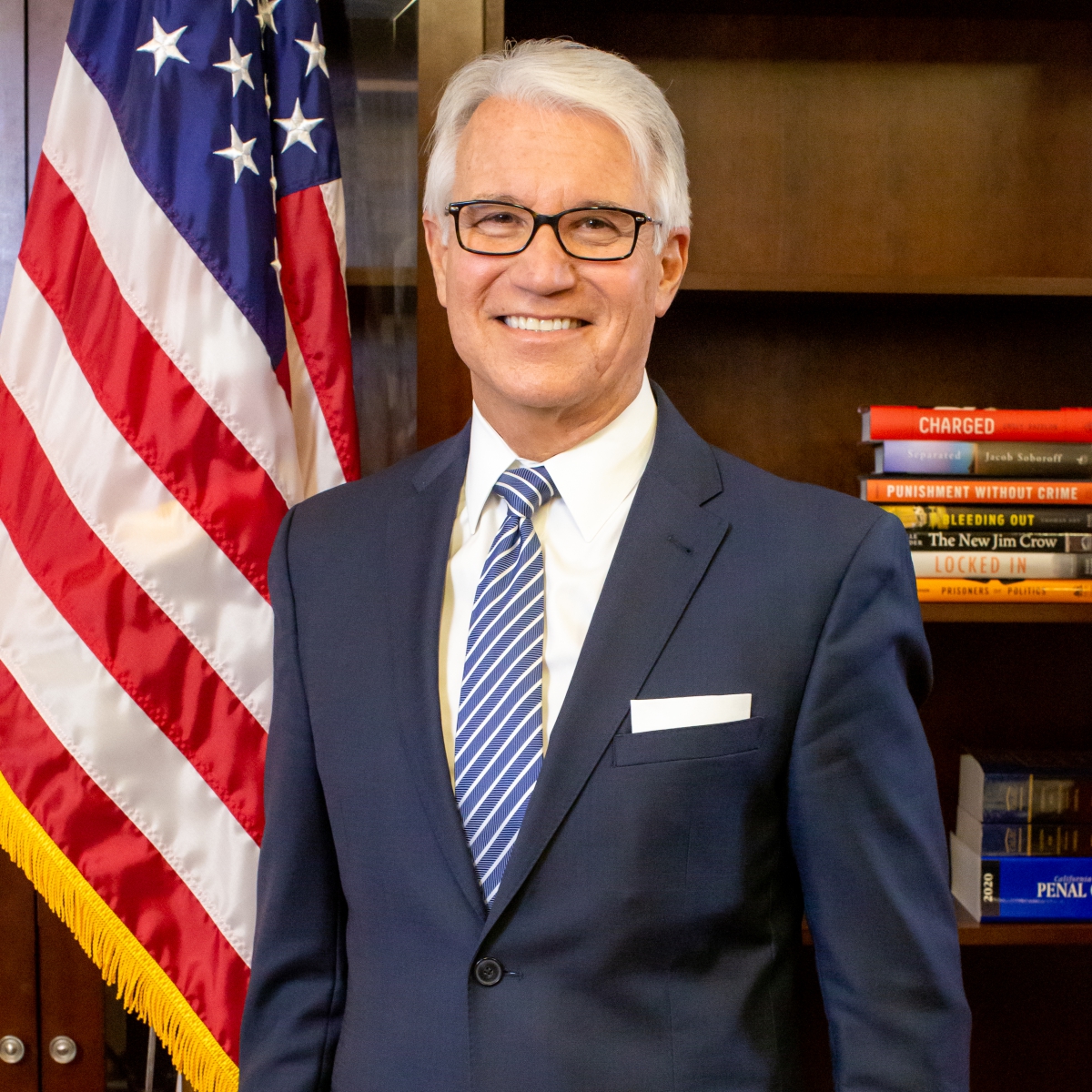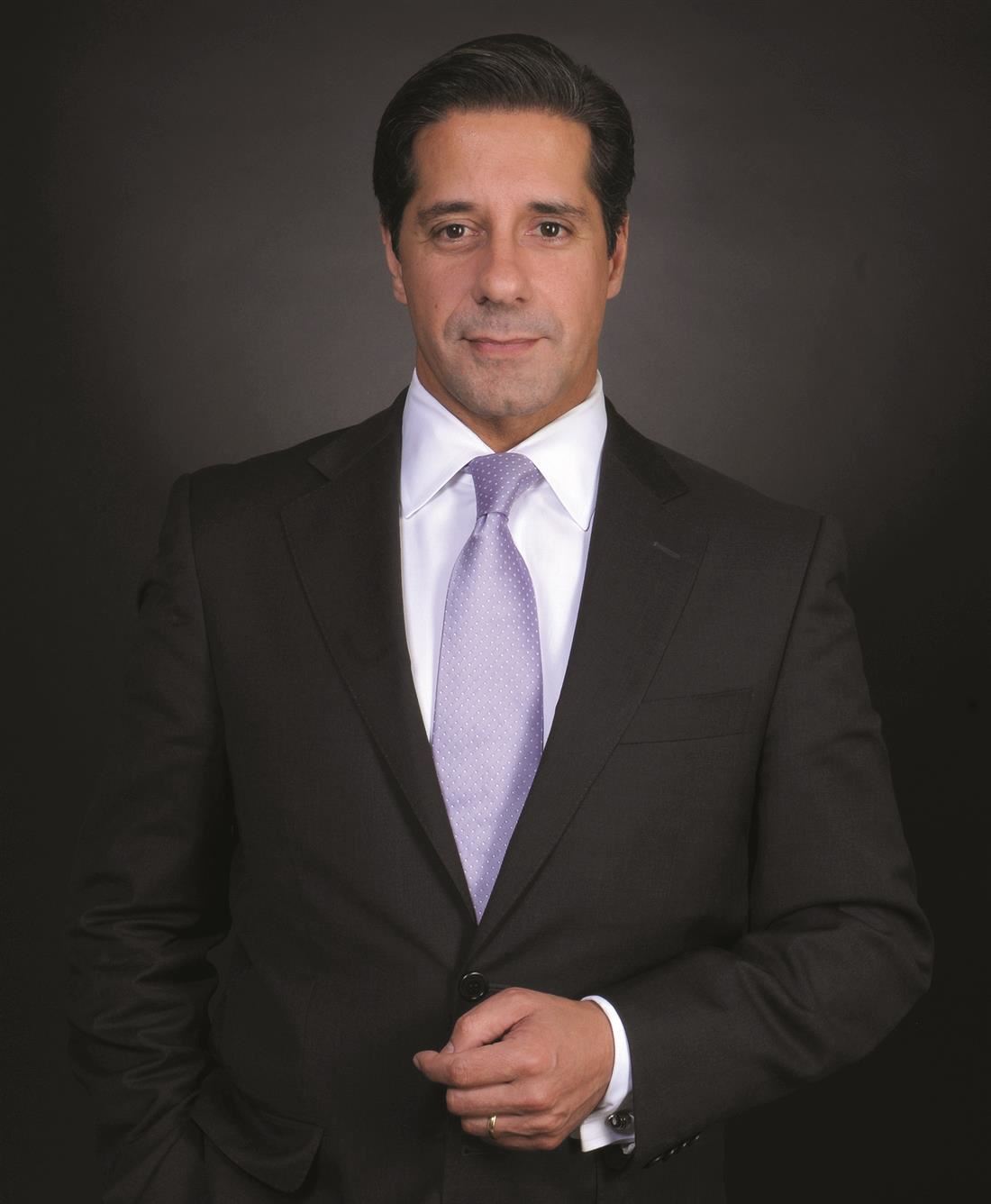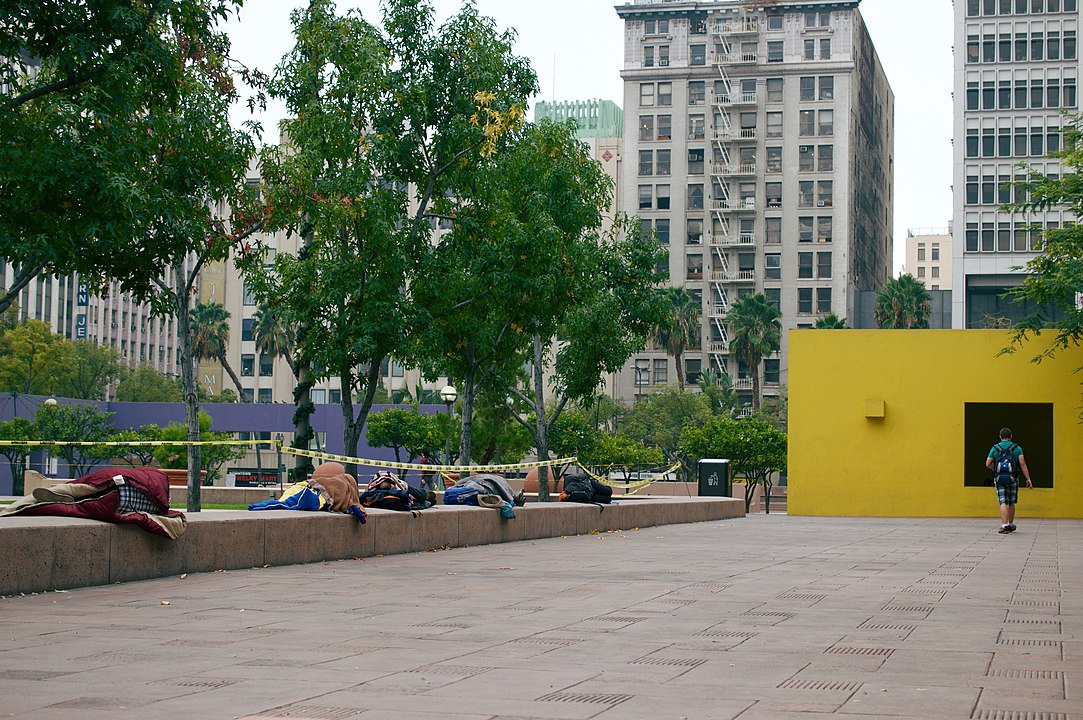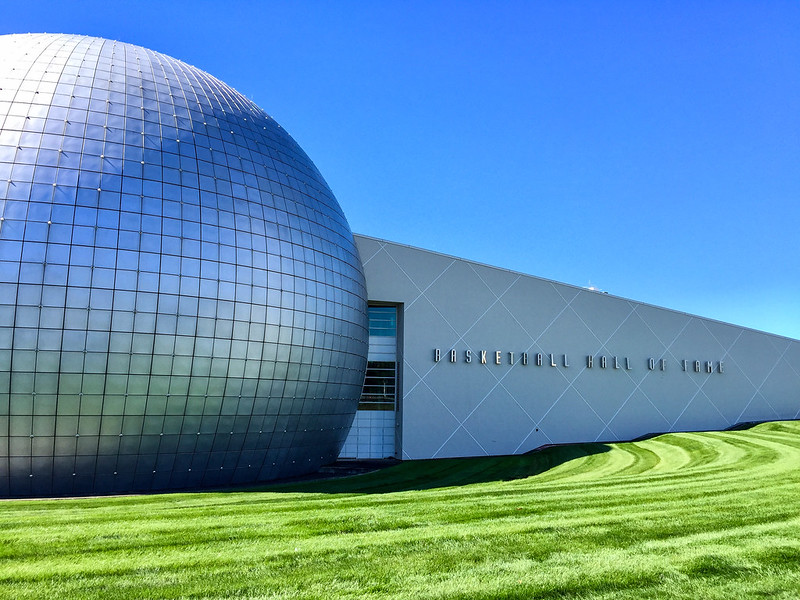The UCLA Department of Physics and Astronomy has received federal government funding for a pilot program designed to help low-income, first-generation and historically underrepresented undergraduate students pursue careers in nuclear physics, it was announced Friday.
The $500,000 grant from the nuclear physics program in the U.S. Department of Energy’s Office of Science will support training, mentorship and hands-on research experiences for students, including internships at national laboratories and the opportunity to work on research related to the DOE’s cutting-edge Electron-Ion Collider, said associate professor of physics Zhongbo Kang, who is heading the program at UCLA.
The grant-funded program is a collaboration among UCLA and UC Riverside, the Lawrence Berkeley and Lawrence Livermore national laboratories, Cal Poly Pomona and the Cal-Bridge program.
The undergraduate trainees are selected through Cal-Bridge, a statewide network of nine UC, 23 California State University and more than 110 community college campuses that seeks to create greater opportunities for underrepresented minorities in science, technology, engineering and mathematics.
“The UC and CSU systems are among the largest engines for social mobility in the United States and play a key role in providing opportunities to students from disadvantaged backgrounds,” said Kang, who is a member of both the Mani L. Bhaumik Institute for Theoretical Physics and the Center for Quantum Science and Engineering at UCLA.
“Their student bodies contain the largest pool of low-income, first-generation and underrepresented minority students in the nation, and we are in an excellent position to tap into this pool and broaden the nuclear physics pipeline.”

